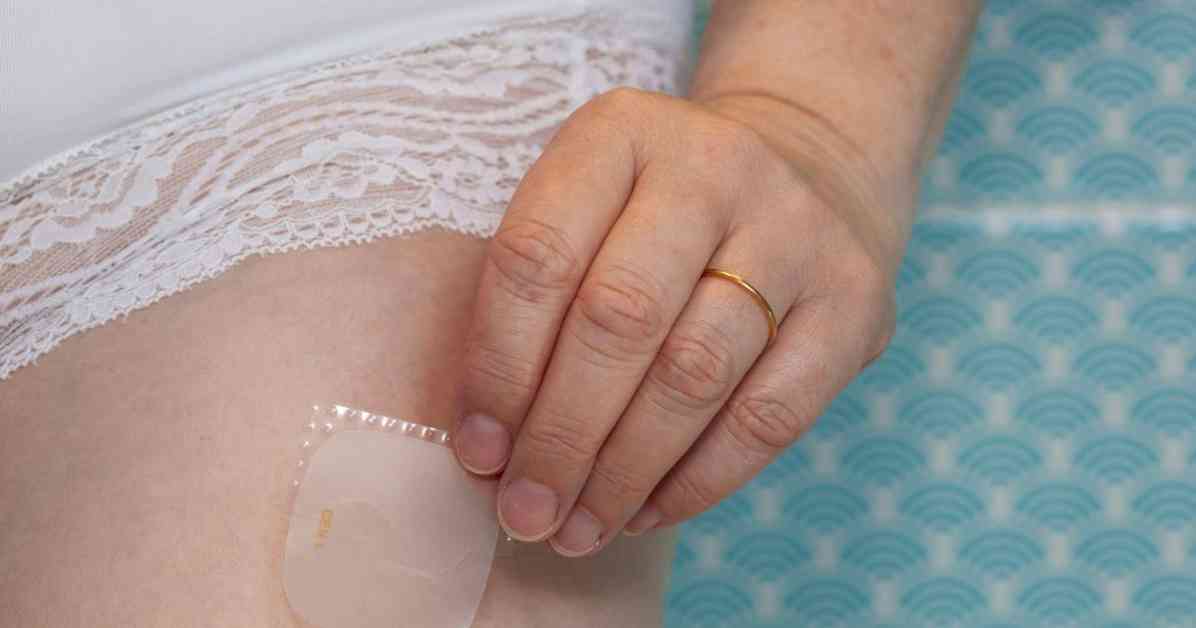A new report shows that more people in England are using hormone replacement therapy (HRT) than ever before. According to recent NHS data, an estimated 2.6 million individuals were taking HRT in 2023/24, which is a 12% increase from the previous year and double the number from 2018/19. The number of NHS prescriptions for HRT has also reached a record high, with 13 million items prescribed in 2023/24, marking a 22% rise from the year before.
HRT is commonly used to replace hormones like oestrogen, progestogen, or both in women going through perimenopause or menopause. It can help alleviate symptoms such as anxiety, insomnia, and hot flushes, and is typically administered through gels, creams, tablets, and patches. In recent years, there has been a surge in media coverage around menopause, with many high-profile celebrities sharing their experiences and how it has impacted them.
While the NHS website states that the risk of serious side effects from HRT is very low, it does acknowledge a slight increase in the risk of breast cancer. The data from Thursday’s report revealed that the most commonly prescribed item in 2023/24 was 100mg tablets of Utrogestan, a type of progesterone, with a 42% increase from the previous year. Patients between the ages of 50 and 54 made up the largest group receiving HRT, making up nearly a quarter of all HRT patients in 2023/24.
Interestingly, the data also showed that wealthier areas of England had more than double the number of patients receiving HRT compared to the most deprived areas. For those who require regular HRT prescriptions, the NHS offers a Hormone Replacement Therapy Prescription Prepayment Certificate, which costs £19.80 for 12 months and can help individuals save money on their medications. The use of this certificate has been on the rise, with 14.5% of prescription items in 2023/24 involving its use, increasing to 21% by June 2024.
Overall, these latest statistics highlight the growing trend of HRT usage in England and shed light on the demographics and preferences of those seeking this treatment. As more individuals become aware of the benefits of HRT and as the conversation around menopause continues to evolve, it is likely that the number of people using hormone replacement therapy will continue to rise in the coming years.












